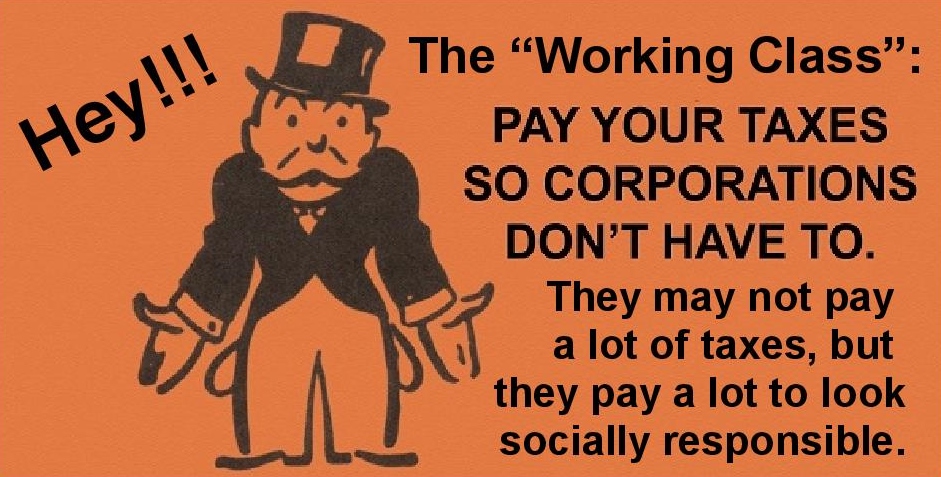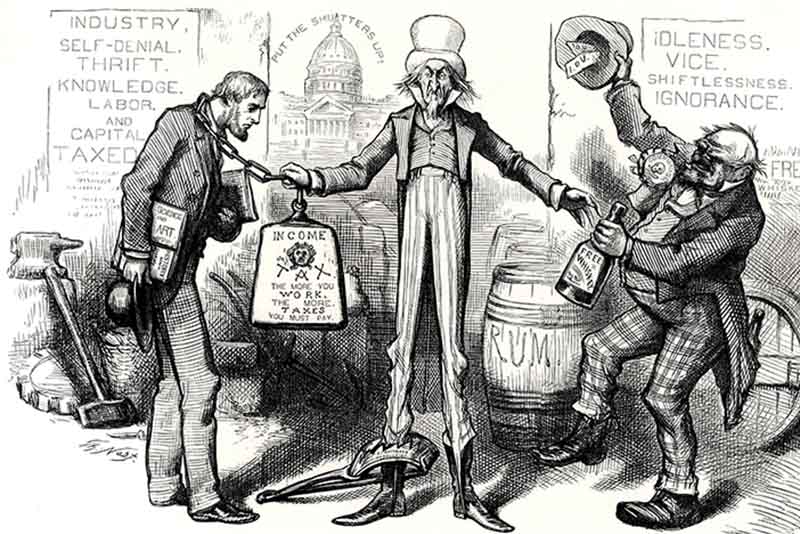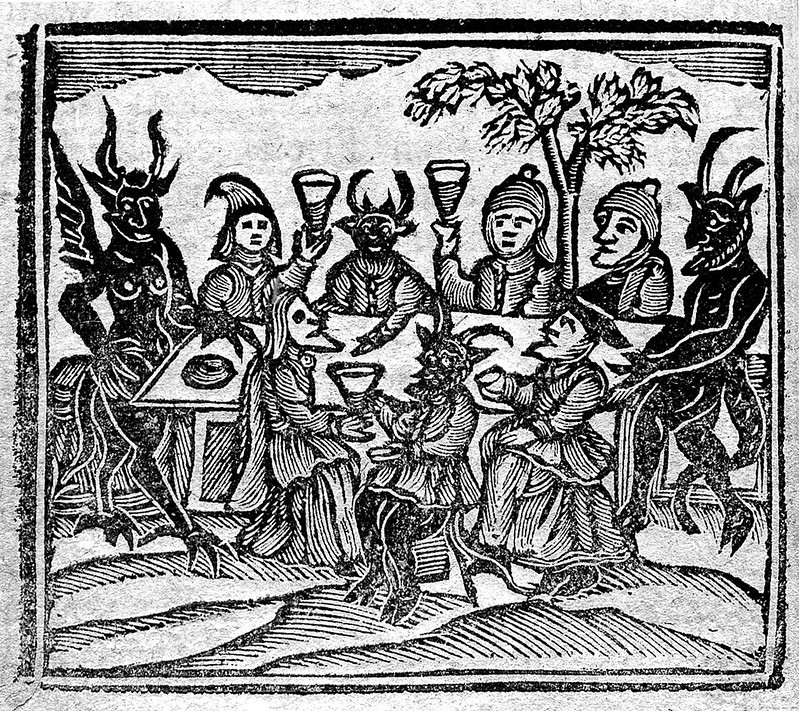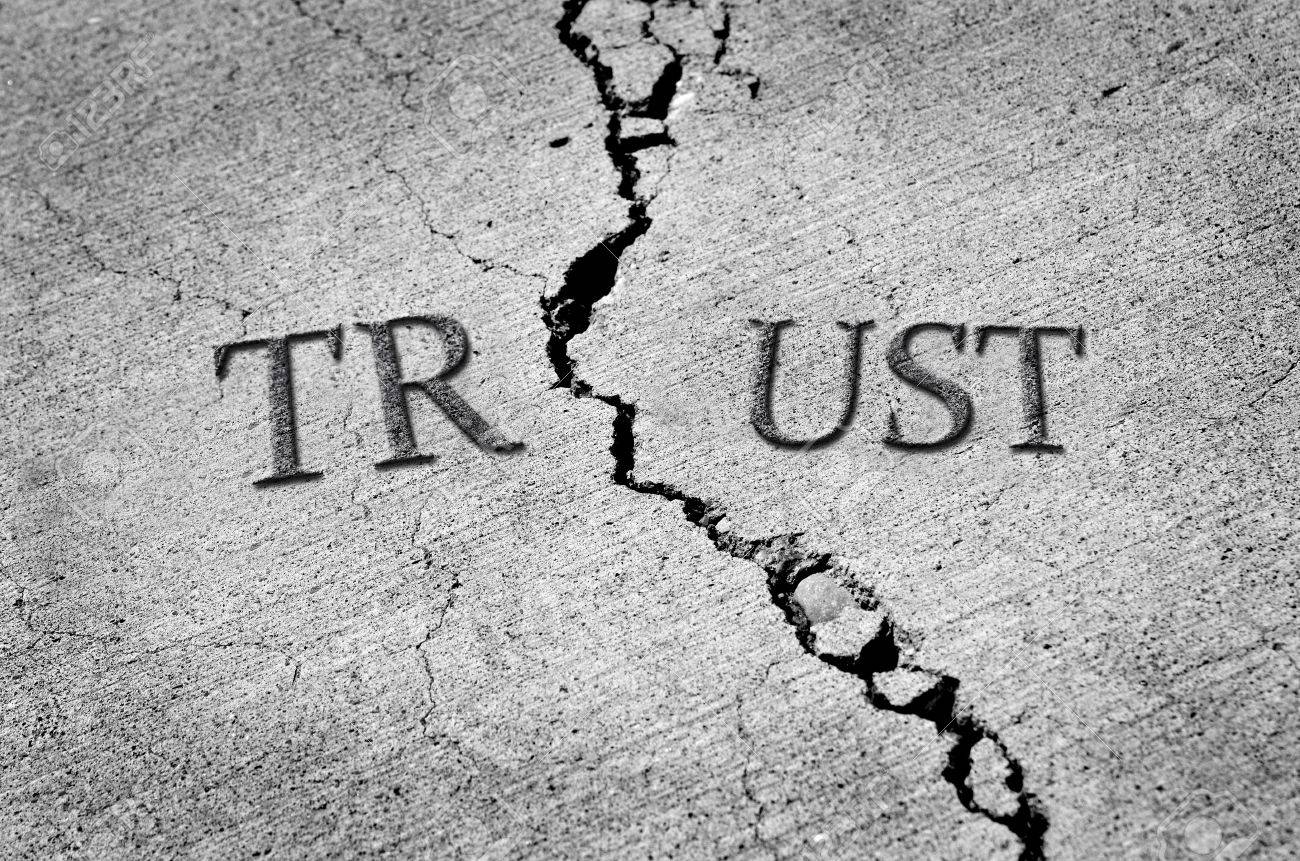Recently, the Industrial Tax Exemption Program is in the news. According to the Institute on Taxation and Economic Policy (ITEP.org) in “Tax Incentives: Costly for States, Drag on the Nation”, August 2013, “…state and local tax incentives come at an enormous cost. While a comprehensive accounting of these programs is impossible, the best available estimates suggest that states and localities are devoting some $50 billion to tax incentives every year… …despite the enormous expenditures being made on these programs, the evidence suggests that tax incentives are of little benefit to the states and localities that offer them, and that they are actually a drag on national economic growth.”

The irony of the situation is that while these programs are derived mainly from tax dollars and fall within the spectrum of public policy, the decision making process is often made at a regional level, which as developers have admitted, is necessary to ensure there is no opposition.
ITEP is simply a tool of the State and local government to sustain an Interventionist Market, as opposed to a true Free Market in the Constitutional Republic envisioned, where the role of government is limited to the protection of life, liberty and property. While the state touts the 80 year history of ITEP, if ITEP were actually a beneficial program, Louisiana should be a more successful state.
Free Market Vs. Interventionist State
In “The Free Market versus the Interventionist State”, (Foundation for Economic Education, January, 2008), Richard Ebeling describes interventionist economics. While interventionism generally refers to the actions of nations and militaries, Austrian economist Ludwig von Mises related interventionism to economics in a 1929 collection of essays, “Critique of Interventionism”. He describes it as a “system of private property that is hampered, regulated and directed through government intervention and other social forces…”. Ebeling lists seven points defining an interventionist economy, pointing out that they can only be implemented through violence via the threat or use of force.
7 Points That Define an Interventionist Economy
- The private ownership of the means of production is restricted or abridged by the political authority.
- The use of the means of production by private owners is subject to government prohibition or regulation.
- The users of the means of production are prevented from being guided solely by consumer demand.
- Government influences or controls the formation of prices for consumer goods and/or the factors of production, including labor. Government reduces the impact of supply and demand on the success or failure of various enterprises while increasing its own influence and control over market incomes through such artificial means as pricing and production regulations, limits on freedom of entry into markets, direct and indirect subsidies, and redistribution of wealth.
- Free entry into the domestic market by potential foreign rivals is discouraged or prevented through import prohibitions, tariffs, or quotas. Freedom of movement is prohibited or abridged.
- The monetary system is regulated by government for the purpose of influencing what is used as money, the value of money, and the rate at which the quantity of money is increased or decreased. All of these are used as tools for affecting employment, output, and growth in the economy.
- Government’s role is not limited to the protection of life, liberty and property.
8 points that define a genuine free-market economy:
- All means of production are privately owned.
- The use of these means of production is under the control of private owners who may be individuals or corporate entities.
- Consumer demand determines how the means of production will be used.
- Competitive forces of supply and demand determine the prices for consumer goods and the various factors of production, including labor.
- The success or failure of individual and corporate enterprises is determined by the profits or losses these enterprises earn, based on their greater or lesser ability to satisfy consumer demand in competition with their rivals in the marketplace.
- The market is not confined to domestic transactions and includes freedom of trade and the free movement of people internationally.
- The monetary system is based on a market-determined commodity (for example, gold or silver), and the banking system is private and competitive, neither controlled nor regulated by government.
- Government is limited in its activities to the protection of life, liberty and property.
In Ebeling’s estimation, if our fellow citizens have a clear and persuasive vision of a genuine free-market economy, the interventionist state can be replaced with a new era of human liberty.
Visit fee.org for more information




